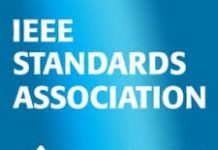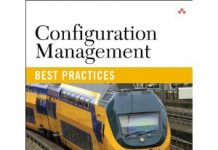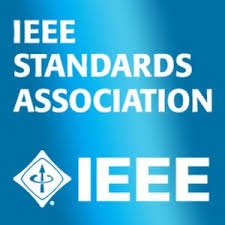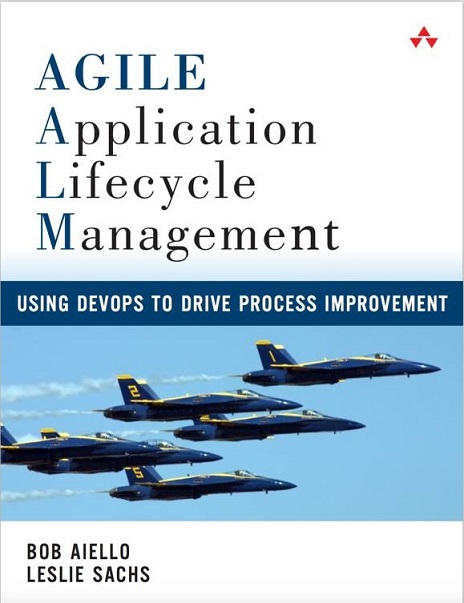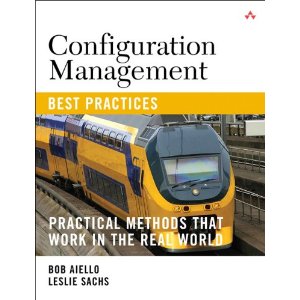So How Are Industry Standards Created?
By Bob Aiello
Industry standards and frameworks provide the structure and guidance to help ensure that your processes and procedures meet the requirements for audit and regulatory compliance. For US-based firms, this may involve passing your SOX audit (for compliance with section 404 of the Sarbanes-Oxley Act of 2002) or acquiring the highly respected ISO 9000 Quality Management System certification expected by many customers throughout the world.
Industry standards are not perfect and some of the specific reasons for why they may fall short of expectations can be traced back to how they were initially created. The process of creating an industry standard is actually quite deliberate and time-consuming.. There are some excellent resources from the IEEE and other standards bodies, which describe the process to draft and implement standards. But I would like to describe some of my own personal experiences participating in the collaboration and teamwork of creating an industry standard. Working closely with other colleagues who are dedicated to excellence has been far and away the most exciting professional experience that I have been fortunate to have.
Please note that this is not an official IEEE article, but rather Bob’s recounting of a personal experience being involved with creating industry standards.
The first step is always to decide on the initial scope and focus of the standard. We then review any existing resources available – including related industry standards and frameworks or simply documents which can help educate the members of the team involved with this effort. The standards working group is a high-performance self-managing self-educating cross-functional team with subject matter experts from a variety of disciplines and perspectives. We do not always agree with each other and, in fact, the discussions can be quite confrontational at times – although always professional and collaborative. These disagreements are a natural expression of the group’s striving to come up with the best approach to advocate in the text of the standard.
We create an initial outline and list of topics to consider and then address the task of creating a working draft. The focus is on “shall” statements which are mandatory (for compliance with the standard) and “should” statements which are recommended. We hold numerous sessions to collaboratively create the initial draft. It is common to assign specific sections to individual members (or subgroups) who then go off and independently create the initial draft wording.
Once the draft is written, it is sent to a few SMEs outside of the working group for their reaction and comment. Once this feedback is evaluated and incorporated, the draft is sent out to a wider group for review and comment and, once again, feedback is incorporated. The objective is to have validation that it is a solid document before it is put out for a vote.
Above all else, the standards creation process is collaborative and transparent. Typically, contributor’s comments are recorded and the reason for their acceptance or rejection documented. We have a strong desire to ensure that the draft standard is aligned with other industry standards and frameworks and do our utmost to harmonize with the current guidance provided by other sources. Final decisions are made and sometimes folks are not happy, but they know that their views are always heard and, most often, recorded for traceability. It is customary for a standard to require a significant percentage of voter approvals for passage and acceptance by the standards body. On occasion, controversial paragraphs have to be dropped in order to obtain the required votes for approval, similar to the negotiations, aka “horse-trading”, for which politics is known. Although such modifications felt to me personally like we were “watering” down the standard just to gain the required consensus, the teams focus and mission is to produce a clear document that will be both respected and adopted.
Over the years, I have written extensively on how to comply with configuration management related standards, including the highly popular IEEE 828 (which I had the privilege to participate in updating). Lots of folks like to criticize standards, but often they are criticizing a document that they have never actually spent the time to read – let alone understand or see implemented effectively.
It has been my personal experience that implementation of a standard requires two key skills. The first is harmonizing the guidance by understanding similar industry standards and frameworks. The second is tailoring, in which we provide a rationale for why specific guidance cannot be followed, if this is in fact necessary.
Here’s your opportunity! We are starting up an effort to create a working group to write an industry standard for DevOps. Please consider getting involved now to help shape the guidance that we provide. Rest assured that I will continue writing about this exciting project in the coming months and your voice is important to us!
Bob Aiello
bob.aiello@ieee.org
http://www.linkedin.com/in/BobAiello






